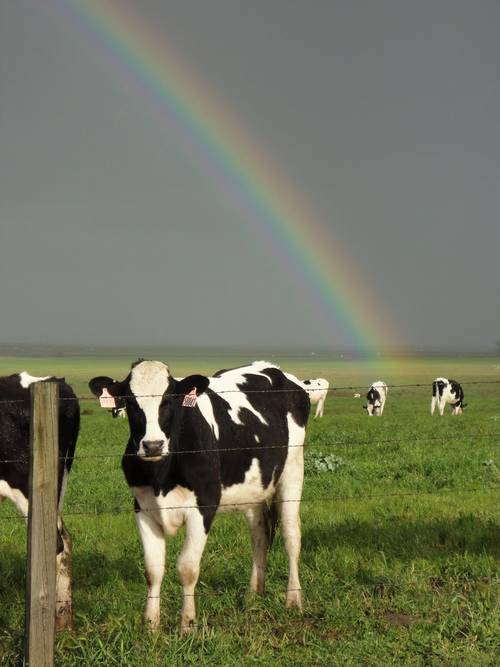Sacrificing
10/17/2019 01:29:57 PM
Mordecai Kaplan, the father of Reconstructionist Judaism, wrote that the concept of the chosen people smacks of an inferiority complex and promotes arrogance.
Although I reject the conceit that God chooses any people, there is a flip side that merits preserving. The Israelites were chosen, so the idea goes, to serve humanity as a priestly nation. That service is on full display during Sukkot as the Israelite priests sacrificed seventy bulls, one for each of the biblically recognized seventy nations. And for what were the bulls sacrificed? Rain.
Rain does not respect political boundaries. Enlightened self-interest might motivate the Israelites to pray for a good climate for all countries in the world — but since the Israelites believed they could actually cause positive climatic conditions through their sacrifices, they did so. Were there to be a severe drought amongst Israel’s neighboring countries, Israel would surely suffer the consequences.

Our Israelite ancestors believed they could lead the way toward a sustainable climate, a precondition for peace, by sacrificing a large number of bulls. They made those sacrifices. It is now incumbent upon us, their heirs, to lead the way by making sacrifices of our own for the welfare of our planet. The Torah commands us to choose life. Let us lead that effort and radically reduce our beef consumption.



